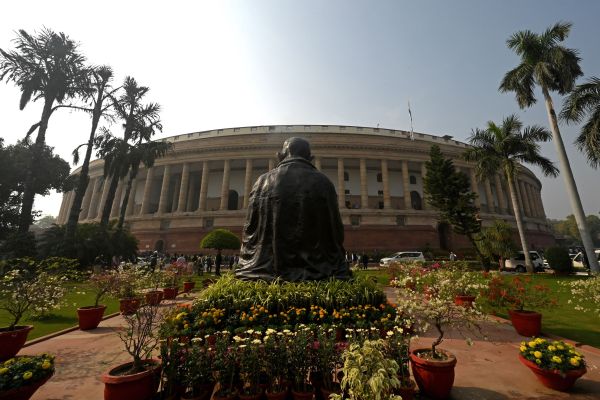
India on Sunday launched 75 digital banking units in villages and small towns across the country in a move that it said will help bring financial services and literacy to more citizens.
The digital banking units, set up in collaboration with over 20 public and private banks, are brick-and-mortar outlets that are equipped with tablets and internet services to help individuals and small businesses open their savings accounts, access government identified schemes, perform verifications, make transactions and avail loans and insurance.
The physical outlets, span across all Indian states and union territories, will provide services in two modes. “Self-service mode will be available 24x7x365 days,” said Shaktikanta Das, Governor of Reserve Bank of India, in a virtual conference. “The banks are also free to engage the services of digital business facilities and correspondence to expand the footprint of DBUs,” he said.
Das said the units will also offer a digital assistance zone to answer queries from individuals and small businesses and hear their grievances.
Availing banking services has traditionally been a struggle for people living in villages and small towns, said Prime Minister Narendra Modi. Even as more than a billion bank accounts exist in India, people living in remote areas have had to typically take a day off from the work to visit a nearby city for their banking related work.
“We have given top priority to ensure that banking services reach the last mile,” he said. “We not only removed the physical distance but, most importantly, we removed the psychological distance.”
The digital banking units are part of the Modi government’s years-long efforts to serve people in the far flung areas of the country. The government launched Jan Dhan Yojana, a scheme to get all citizens access to banking and financial services in 2014. More than 470 million bank accounts have been opened as part of the scheme,
“Today the entire country is experiencing the power of Jan Dhan Bank accounts,” said Modi. “This opened the way for loans for the poor without collateral and provided Direct Benefit Transfer to the accounts of the target beneficiaries. These accounts were the key modality for providing homes, toilets, gas subsidy, and benefits of schemes for farmers could be ensured seamlessly. The IMF has praised India’s digital banking infrastructure. The credit for this goes to the poor, farmers and labourers of India, who have adopted new technologies, made it a part of their lives,” he said.

